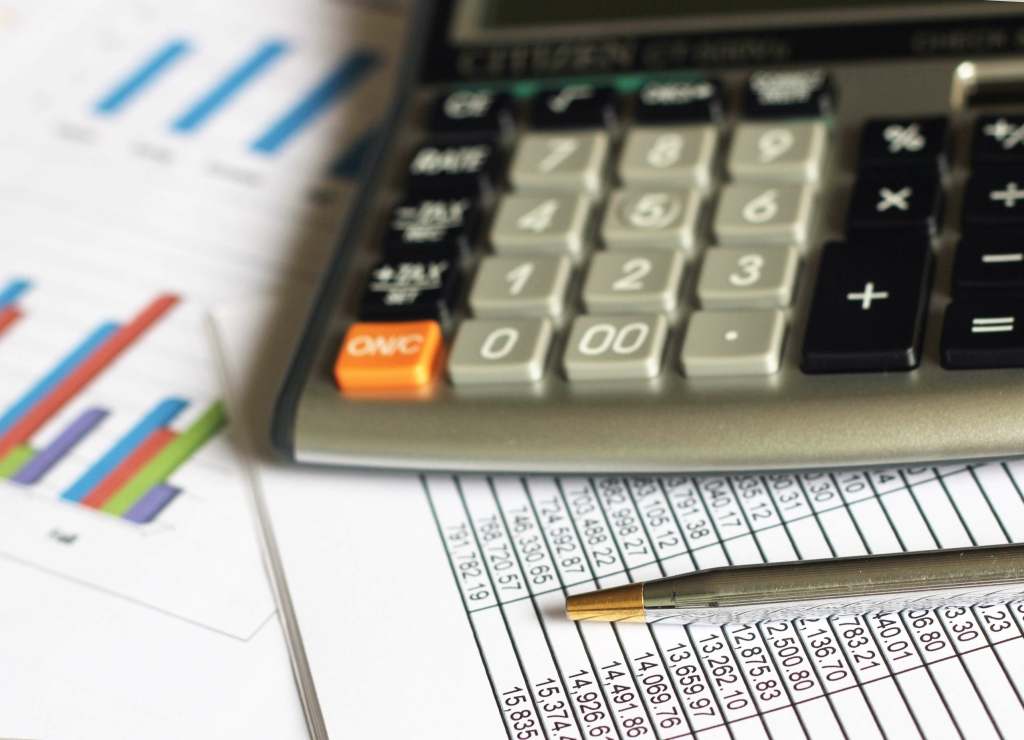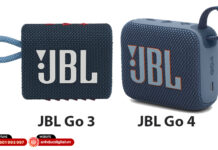
This also makes it easier Bookstime to plan for your business’s future and understand the impact of different financial decisions. There are several different bookkeeping apps designed for small business. Bookkeeping and accounting are sometimes used as synonyms, but bookkeeping is a lot more basic than typical accounting. Sage Business Accounting starts at just $10, which is perfect for freelancers and self-employed business owners with no employees. But to get the most out of Sage Business Cloud Accounting, you really need the $25-a-month plan. In contrast, the pricier plan includes more thorough reporting, unlimited users, and cash flow forecasting.
- You can use it to create invoices, capture receipts for easier expense tracking, and access the same financial reports displayed on the online interface.
- However, some specific paperwork requires to be preserved for longer.
- However, most can hire virtual bookkeepers who charge by the hour and helps you get more done for less.
- The most difficult part of financial record keeping is getting all the information one needs.
- Patriot Software Accounting is best if you manage a small business that isn’t likely to grow exponentially.
Bookkeeping vs. Accounting

You can do a lot with these transactions once they appear in a register. First, you should assign them a category, such as office expenses, travel, and utilities. That way, you know where your money best record keeping for small business is coming from and where it’s going.
Intuit QuickBooks Solopreneur

At the end of the accounting period, take the time to make adjustments to your entries. For example, you may have estimated certain invoices that are later solidified with an actual number. While you’re thinking about your money, you should also consider our reviews of online payroll services and personal finance apps. Accounting services pay special attention to your company’s expenses—not bills that you enter and pay (though most support this), but rather other purchases you make. This is an area of your finances that can easily get out of control if you don’t monitor it.

g. Mileage tracker for logging business miles
At least once a week, record all financial transactions, including incoming invoices, bill payments, sales, and purchases. You may do this every month, but at the very least, balance and close your books every quarter. You’ve created your set of financial accounts and picked a bookkeeping system—now it’s time to record what’s actually happening with your money. Apart from having the data unearned revenue for your transaction on hand, you’ll need to decide which accounts that will be debited and credited. Bookkeeping apps can make you or your bookkeeper a lot more efficient by organizing and presenting your financial information in a way that’s accessible and easy to understand.
- Instead of having paper records in your drawers and clogging up your desk, try going paperless so you can access your records easily, at any time, from anywhere.
- The bookkeeping apps listed above make it easier and faster to complete these tasks.
- All you have to do is fill in the blanks and select from lists of variables like customers and items.
- If you meet certain eligibility requirements like AGI, you might be able to file federal and state returns for free using one of the partner websites.
- For example, you can use your records to scrap certain products, decide on new pricing strategies, and make marketing decisions.
- A financial expert can give advice specific to your unique business and give you a more in-depth look at basic bookkeeping principles.
- Your newly organized financial information will help you make better business decisions, while giving you back more time to run your company.
- QuickBooks Online also has the best reporting functionality, with over 50 pre-built reports and the ability to create custom reports.
- You want to be at your best when you’re looking at figures that explain your business’s profitability and help you chart a course for progress.
- Once the entries are assigned to the correct accounts, you can post them to the general ledger to get a bird’s-eye view of your current cash status.
- This also makes it easier to plan for your business’s future and understand the impact of different financial decisions.
Individuals who are successful bookkeeping professionals are highly organized, can balance ledgers accurately, have an eye for detail and are excellent communicators. Because it’s the entry-level offering in the QuickBooks family of accounting solutions, it’s a good choice for microbusinesses that plan to grow. It looks and works like more senior versions of QuickBooks, which makes for a smooth upgrade path.
- Use your records to keep track of deductible expenses you can claim when filing your small business tax return.
- Though often confused for each other, there are key differences between bookkeeping and accounting.
- The service stands out because it’s easily customizable, comes in multiple versions with hundreds of add-ons, and offers better mobile access than most rivals.
- If so, you might consider shirking your recordkeeping responsibilities.
- When manually doing the bookkeeping, debits are found on the left side of the ledger, and credits are found on the right side.
- Expensify’s SmartScan will figure out the payee, amount, and other critical info from the receipt.



















